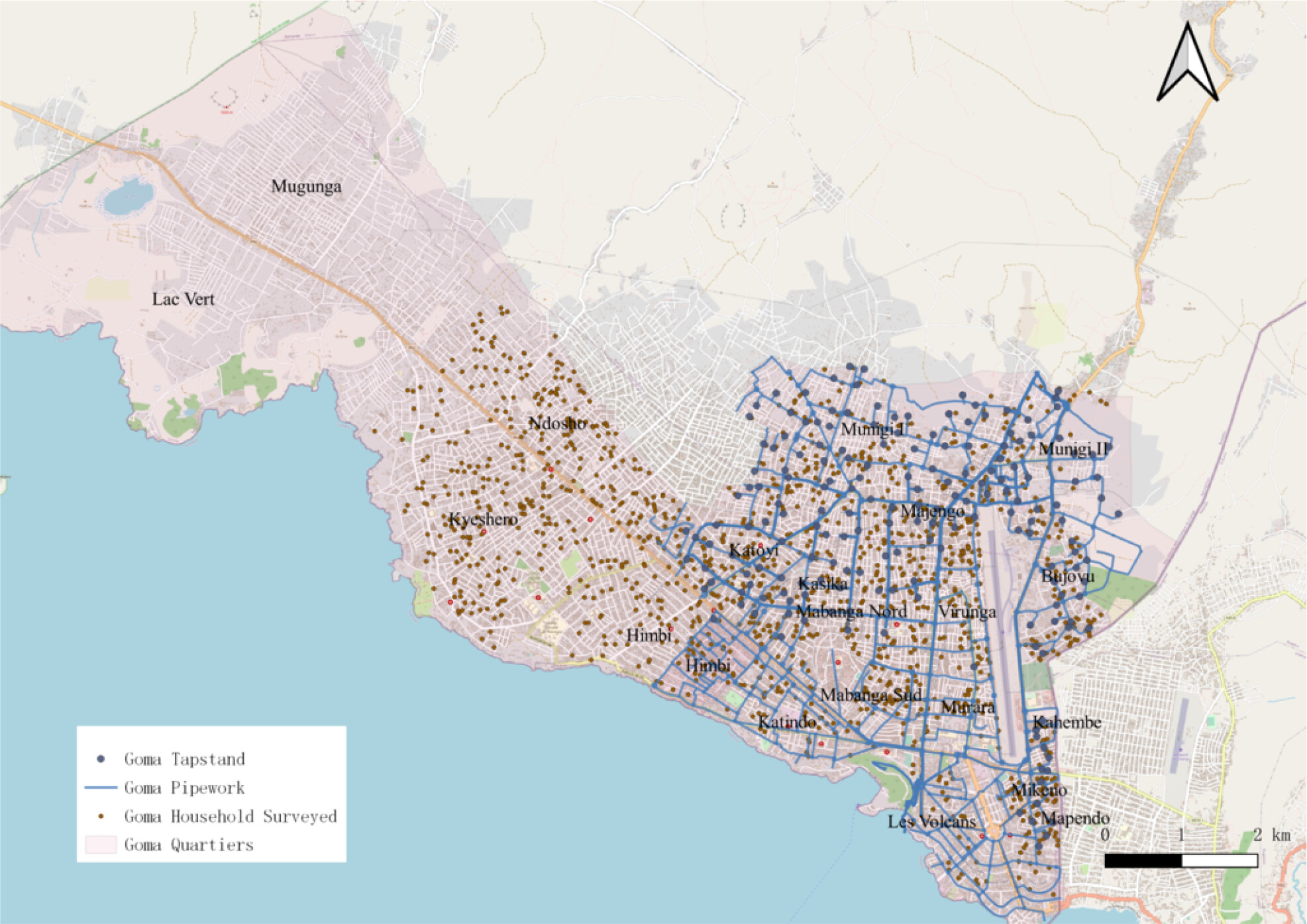Homeownership is often thought to be a life-changing event. Becoming a homeowner influences where one lives, who they interact with, their net worth, their investment and attachment to communities. Furthermore, becoming a homeowner sets in motion a several changes in socioeconomic conditions which, in turn, can shape broader attitudes about the state, redistribution, markets, and general views about society. Unsurprisingly, the consequences of homeownership have attracted a lot of scholarly attention.
From nineteenth-century socialists to modern-day social scientists, there is good evidence that homeownership often affects individuals’ beliefs about inequality, their role in society, state intervention, and individuals’ actions in their own communities. But the expectation about the directions of these changes are unclear if we consider that governments across the globe promote homeownership and, sometimes, provide the homes.
Our research examines the consequences of homeownership when it is “gift” of the state rather than homeownership acquired via the market. The expectations of Engels, Thatcher, and several researchers examining housing the Global North is that homeowners, as property owners, may become more averse to state intervention, less likely to support redistribution, and more likely to become politically active as a way to protect their home value. We point that out that homeowners who acquire property due governmental programs, however, may act as recipients of government benefits. Recipients of government benefits are expected to be more supportive of government intervention and redistribution as a consequence of more positive views of the state in general. Ultimately, it is an empirical question on whether and how homeowners via state-largesse will affect individuals’ attitudes on the state, redistribution, and political behavior.
Drawing on one of the largest social housing programs in the world, Brazil’s Minha Casa, Minha Vida, we argue that the interaction with program has shaped attitudes about the state, redistribution, while benefiting from the housing program has had very little consequences on individuals’ well-being, and economic standing in society. Minha Casa, Minha Casa is large program and we focused on the part of the program that has provided homes for more than one million low-income families in Brazil. Minha Casa, Minha Vida’s use of lotteries to select beneficiaries in cities across Brazil allowed us to select respondents from Rio de Janeiro and make simple, yet credible, comparisons between housing lottery winners and nonwinners.
We first interviewed housing lottery winners and nonwinners after the result of the lottery but before they had moved to their new homes. We found less support for redistribution and overall more individualist beliefs among winners than nonwinners. But, when we interviewed a different set of lottery winners and nonwinners about nine years after the lotteries, we found little changes in their attitudes about governments, even though lottery winners who had moved to their new homes for several years were more politically active than nonwinners.
We explain this puzzling combination of findings by showing that the process of interaction with the state apparatus, in particular for those who experience frustrating experiences with delays and inefficient implementation of the housing program, shapes attitudes. Ownership of the housing unit was less important than the process of becoming a recipient of government benefits in shaping how individuals see the role of the state, redistribution, and views about markets. Our evidence, however, is consistent with previous claims that homeownership leads to more active citizens.
Overall, we learned that homeownership via the state may also shape attitudes about the state and redistribution. Becoming a homeownership and, simultaneously, a beneficiary of a state program are important life events that impact individuals’ political behavior and attitudes. Moreover, we show that process matters. Specifically, we show that these encounters with the state can have meaningful implications to how individuals see the state.
This blog piece is based on the article “Making the Bourgeoisie? Values, Voice, and State-Provided Homeownership” by Natália S. Bueno, Felipe Nunes and Cesar Zucco, forthcoming in the Journal of Politics, Volume 84, Issue 3.
The empirical analysis of this article has been successfully replicated by the JOP. Data and supporting materials necessary to reproduce the numerical results in the article are available in the JOP Dataverse.
About the authors
Natália S. Bueno is an Assistant Professor in the Department of Political Science at Emory University. She is interested in Comparative Politics, Comparative Public Policy, elections and representation. Her work has appeared at the American Journal of Political Science, Comparative Political Studies, Journal of Politics, World Politics, and other publications. You can find more information here and follow her on Twitter: @nataliasbueno
Felipe Nunes is an Assistant Professor in the Department of Political Science at Federal University of Minas Gerais. He is interested in Comparative Politics, public opinion, and political campaigns. His Twitter account is @felipnunes
Cesar Zucco is Associate Professor at the Brazilian School of Business and Public Administration, which is part of the Getulio Vargas Foundation in Rio de Janeiro, and currently a fellow at the Woodrow Wilson International Center for Scholars, in Washington, DC. His published research has appeared in leading journals in Political Science and Latin American Studies and examines the functioning of political institutions, several aspects political behavior at the elite and mass levels, as well as the political determinants and consequences of public policies. Zucco is also co-author of “Partisans, Antipartisans, and Nonpartisans” and “The Volatility Curse”, both books published by Cambridge University Press in recent years. More information can be found on his website.


